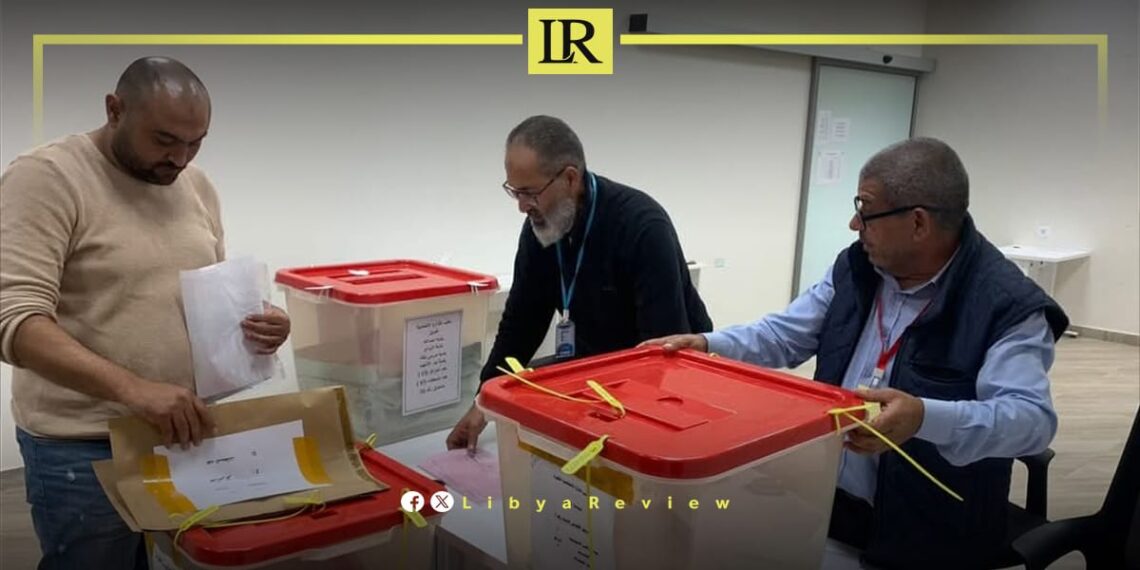The Libyan National Electoral Commission (HNEC) announced on Sunday that voter turnout for the first phase of municipal elections, held on 16 November, reached 77.2% of registered voters.
The commission reported that 102,469 men participated, accounting for 78.7% of the 130,142 male voters registered. Women accounted for 41,082 participants, representing 73.4% of the 55,913 female registrants.
Preliminary figures revealed an overall participation rate of 74%. A total of 186,055 voters were registered for this phase, including 130,000 men and 56,000 women.
The elections featured 1,786 candidates running on party lists across 159 municipalities. An additional 545 candidates contested under the individual candidacy system, including 470 men and 17 women.
The commission noted that the high voter turnout reflects growing civic engagement and interest in shaping Libya’s local governance.
In another context, Libya’s Parliament-appointed Prime Minister, Osama Hammad, sharply criticized recent moves by rival Prime Minister of the Government of National Unity (GNU) Abdul Hamid Dbaiba to consolidate municipalities, accusing him of spreading “administrative chaos” and attempting to destabilize Libya’s fragile governance.
In a statement, Hammad rejected Dbaiba’s actions as illegitimate, labeling his administration a “usurping authority” whose mandate expired in December 2021. He condemned the Government of National Unity (GNU), led by Dbaiba, for issuing decrees that violate legality and legitimacy principles.
“These decisions are fundamentally void,” Hammad declared, citing administrative law to argue that they represent “a blatant abuse of power.” He further emphasized that all directives issued by Dbaiba’s government lack legal standing, as confirmed by judicial rulings.
Hammad called on all public institutions to reject the implementation or circulation of such decrees, warning that compliance would undermine efforts to stabilize the country. He also appealed to the High National Elections Commission (HNEC) to expedite the completion of municipal elections, urging them to adhere to Libya’s established administrative and local governance structures.


